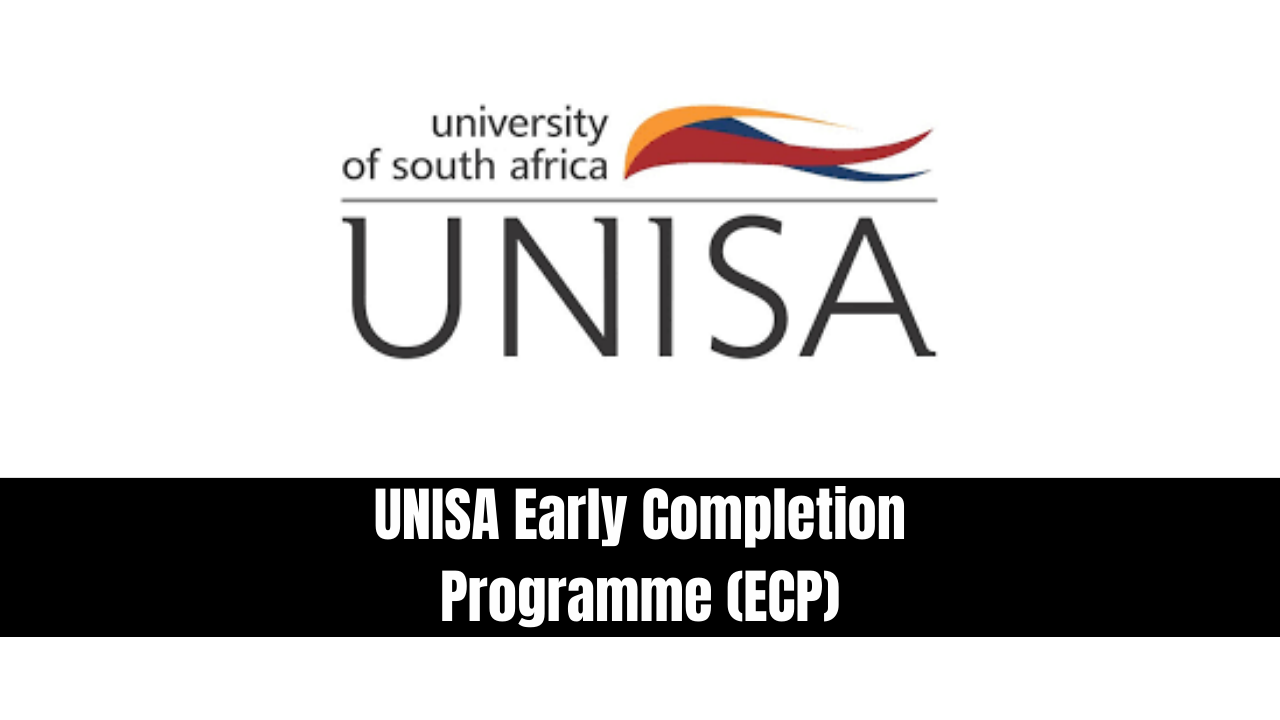Unisa Hosts MoodleMoot Africa 2023. From 20 to 22 August 2023, Unisa is hosting the first MoodleMoot Africa conference at Emperor’s Palace, Johannesburg, in collaboration with the Open University of Tanzania and other key partners, which will bring together educational technologists, academic and non-academic practitioners, scholars, researchers, and students.
Moodle, an open source learning management system (LMS), provides a platform for sharing best practices towards improving the quality of online training and education.
Unisa Hosts MoodleMoot Africa 2023
The Unisa Vice-Principal and Chief Information Officer Mathabo Nakene-Mginqi welcomed the distinguished guests in her opening address and thanked them for attending.
Her statement highlighted the value of the conference in strengthening the university’s students and meeting them at their point of need. Our goal is to deliver student relationship management intentionally, she said.
Through digital transformation and student centricity, Nakene-Mginqi explained how Unisa 2030 will reclaim and advance academic, scientific, and innovative futures. Digitalisation and digitization enable teaching and learning to be advanced, research and innovation to be accelerated, engaged scholarship to be enabled, student support services to be strengthened, and the future of the university to be resourced by digitizing and digitising.
By delivering technology lifecycle management, Nakene-Mginqi says the university’s ICT strategy drives digitalization by increasing student success rates, growing research outputs, and enhancing its curriculum. According to her, this is achieved through five principles, mentioning the first principle as the most important.
Through understanding our student personas and academic personas throughout the student walk, we elevate our customer experience in an academic-focused and student-centric manner. To achieve this, Moodle LMS must be stable, secure, and evolving so that students and academics can use it efficiently and effectively.”
Unisa’s Moodle experience
“Unisa began using Moodle in January 2022 after a thorough search for a new learning management system to replace Sakai, which had been in use for over ten years,” said Nakene-Mginqi, adding that this saved the university about R26 million during that year.
The Moodle platform has been successfully used by Unisa for online examination sittings. The management of our infrastructure remains a challenge, especially during peak assignment submission times, but we are addressing the issue in partnership with Adapt IT.”
A total of 10 275 342 assignments have been processed and over three million examinations have been conducted by Unisa since January 2022. As of the beginning of the current academic year, 3.8 million assignments have been processed, and 943 481 examinations have been administered. In this academic year, we have 360 000 students registered on Moodle LMS and enjoy an average uptime of 99.2%.”
The principles and values of Moodle are aligned, support, and resonate very well with those of Unisa, according to Nakene-Mginqi. Aside from celebrating Unisa’s 150th anniversary of teaching and learning excellence, she noted the organization’s outstanding historical achievements, including leadership in open distance and e-learning.
A global success story
According to Dr Martin Dougiamas, the founder and CEO of Moodle, the software has spread globally as a result of his efforts. As of right now, there are 262 members on the system in 23 countries speaking 26 different languages. By continent, Africa has the highest number of higher education users using Moodle, which is updated every six months.
Moodle LMS 4.3 will launch in November, and Dougiamas has provided an overview of some of the features, including new icons, enhanced Learning Tools Interoperability (LTI), and integration with WhatsApp, Microsoft Teams, and Telegram messaging platforms.
We are also working on Moodle NET 4, which will support artificial intelligence (AI) for resource classification. This means that when you upload anything, AI will review it and summarize it. This item will have thumbnails and all the metadata automatically selected to represent it. Users will be able to create their own custom front pages so they can see exactly what interests them.”
Harnessing the power of AI
According to Dougiamas, his team conducted a survey on AI in education in April. Students reported that AI can help them organize their time and study, and give them feedback on their progress. In essence, it is a tool to keep them on track rather than a teacher helping them with their studies.
It is also capable of identifying students at risk, and it can be used to modify content so that it is more accessible and inclusive. According to him, AI has a great deal of skill when it comes to converting content between different formats. The converted documents can, for example, be used as podcasts to provide a more holistic experience.
He concluded by saying: “In the future, much of the programming will just be telling AI what to do, instead of explicitly programming it; this paradigm shift will be bigger than the internet ”.






